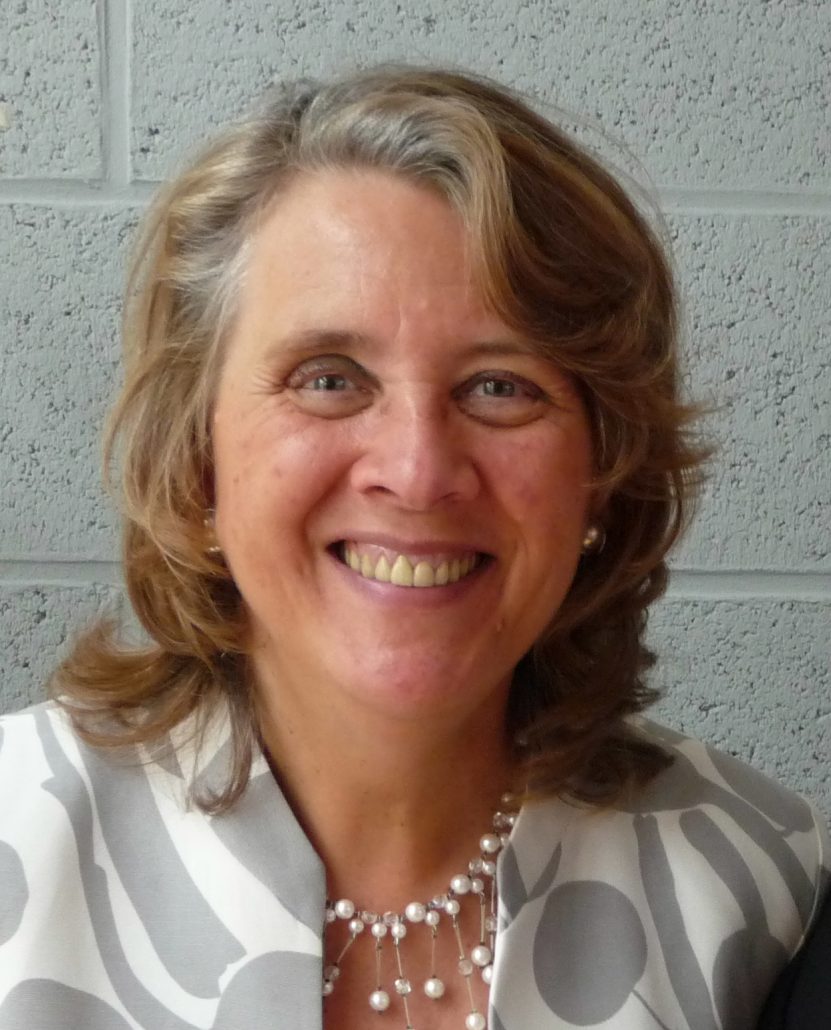Sylviane Granger
Hornby Lecture: Has lexicography reaped the full benefit of the (learner) corpus revolution?
Abstract
In 1992 Rundell and Stock wrote an extended three-part article on the “corpus revolution”, in which they describe the rise of corpora and their impact on lexicography. Rundell (2008) revisited the topic and focused on the arrival of the web, which triggered a second stage in the corpus revolution. The purpose of my presentation is to look at some aspects of the current lexicographic scene and assess whether the corpus revolution has really fulfilled its promise. I will show that, while this is largely true of monolingual learners’ dictionaries (especially in the case of English), the situation is much less favourable when it comes to general bilingual dictionaries, a particularly worrying fact given that bilingual dictionaries have been proved to be learners’ favourite reference tool. The lack of representative translation corpora is partly responsible for this failure to keep pace. However, I will show that the judicious use of currently available monolingual and bilingual corpus resources, limited though they may be, can already bring about substantial improvements to bilingual dictionaries, in particular to one of their weakest aspects: their phraseological coverage. I will also highlight the value of adding learner corpus data to the lexicographer’s monolingual and bilingual corpus base and illustrate the benefit with the Louvain English for Academic Purposes Dictionary, a customizable web-based tool designed to help non-native speakers of English write academic texts.




